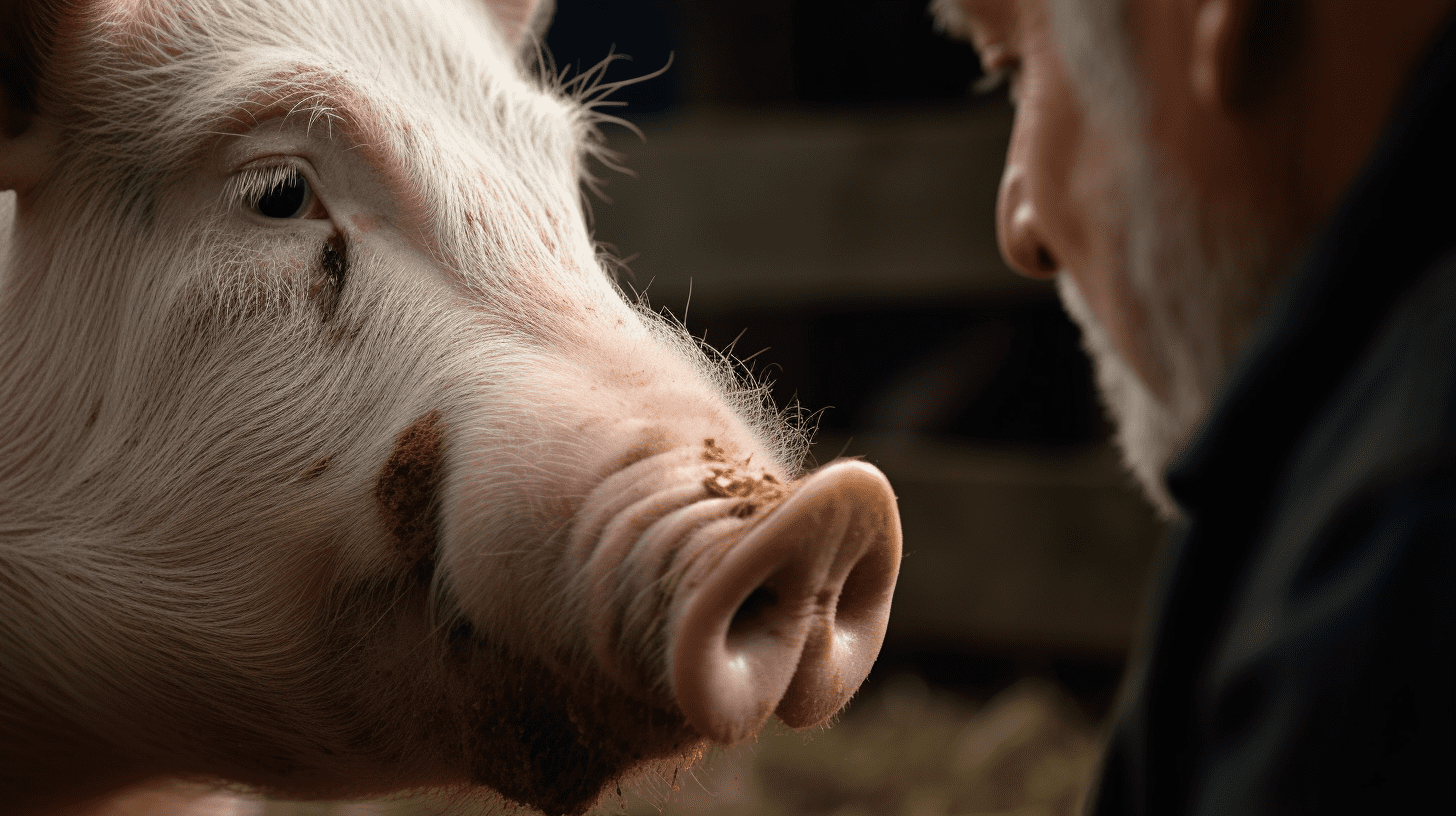Disease detection is a crucial aspect of early diagnosis and effective treatment. Medical tests are often used to detect diseases, but they may not always be accurate, especially in the early stages of an illness. In recent years, animals have been trained to detect various diseases in humans. These animals have an extraordinary sense of smell that enables them to detect the odors associated with diseases such as cancer, diabetes, and tuberculosis. This has led to the development of innovative new diagnostic tools that could potentially revolutionize the way we diagnose and treat diseases. In this article, we’ll take a closer look at ten amazing animals that can detect human diseases and the research behind their detection abilities.
#1.Dogs
Dogs are perhaps the most well-known animals for their ability to detect diseases in humans. They have been trained to sniff out cancer, diabetes, and even malaria. Dogs are highly sensitive to the odors associated with various diseases and can detect them at an early stage when traditional medical tests may not be able to.
#2.Rats
Rats are another animal that has been trained to detect diseases in humans. They have been used to sniff out tuberculosis, landmines, and even diagnose COVID-19. Their keen sense of smell has also led to the development of an innovative new tuberculosis testing method, where rats can diagnose the disease in just a few minutes.
#3.Bees
Bees are often associated with honey production and pollination, but they are also remarkable disease detectors. Their sense of smell is highly sensitive, and they can detect the odors associated with various diseases such as cancer, diabetes, and tuberculosis. Scientists are exploring the use of bees as a diagnostic tool for these diseases.
#4.Elephants
Elephants have an exceptional sense of smell and have been known to detect landmines and even cancer. In a study, elephants were trained to detect small amounts of TNT, which is used in landmines. In another study, elephants were able to identify blood samples from patients with ovarian cancer with 100% accuracy.
#5.Cats
Cats are another animal that can detect human diseases. They have been trained to detect cancer, diabetes, and even low blood sugar levels in diabetic patients. Cats are highly sensitive to changes in their environment, and their acute sense of smell makes them great disease detectors.
#6.Pigs
Pigs have a sense of smell that is even better than dogs. They have been used to detect various diseases such as cancer, diabetes, and even Clostridium difficile, a bacteria that causes diarrhea. Pigs are highly intelligent and can be trained to detect specific odors associated with different diseases.
#7.Mice
Mice are often used in medical research, but they are also excellent disease detectors. They have been used to detect tuberculosis and even cancer. Mice are highly sensitive to changes in their environment and can detect odors associated with various diseases at an early stage.
#8.Dolphins
Dolphins have an exceptional sense of smell and have been known to detect various diseases such as cancer, diabetes, and even malaria. In a study, dolphins were able to detect the presence of lung cancer in patients with 92% accuracy.
#9.Ferrets
Ferrets are highly intelligent animals that have been used to detect various diseases such as avian influenza and tuberculosis. They have a keen sense of smell and can detect the odors associated with these diseases even before symptoms appear.
Animals have a remarkable ability to detect various diseases in humans. From dogs to rats and even bees, these animals have proven to be highly accurate and effective disease detectors. Scientists are continually exploring the use of animals as a diagnostic tool for various diseases. With further research, these animals could play a significant role in disease detection
